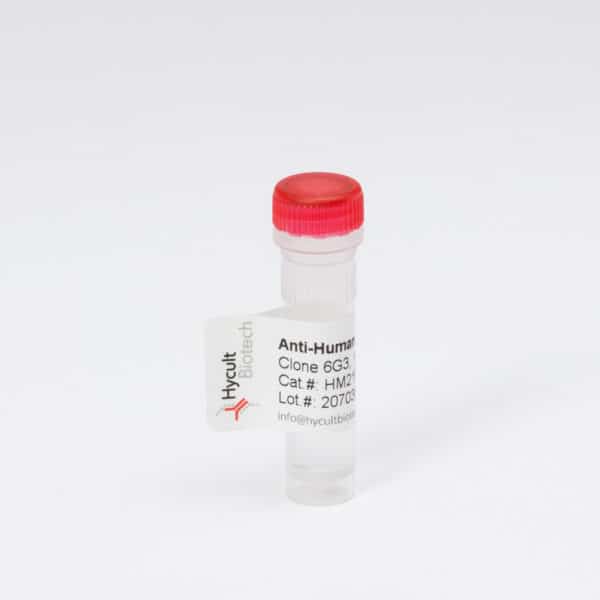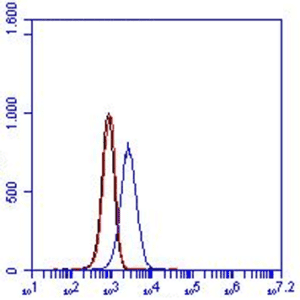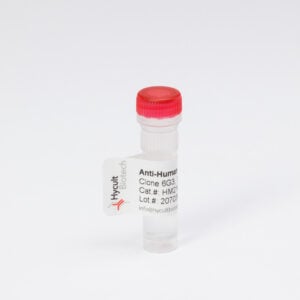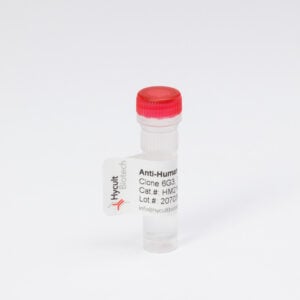TNF-alpha, Mouse, mAb V1q
€133.00 – €456.00
The monoclonal antibody V1q recognizes mouse tumor necrosis factor alpha (TNF-α). TNF-α is the
prototype cytokine of the family of TNF-related ligands, which are based on structural and functional
homologies. TNF-α is synthesized as type II transmembrane protein. TNF-α can be recognized by two
different membrane receptors, namely TNF-R1 and TNF-R2. TNF-α is present in a membrane-bound
(tmTNF) as well as soluble form (sTNF). The membrane-bound form of TNF-α is recognized by both
TNF receptors with high affinity, whereas the soluble form is recognized more superiorly by TNF-R1.
TNF-α is produced by many different cell types including macrophages, T lymphocytes, NK cells,
neutrophils and endothelial cells. Cells differ in the expression of the two TNF-receptors and sTNF
versus tmTNF, respectively.
TNF-α, a homotrimeric 17 kDa protein, is a potent mediator of inflammatory and metabolic functions.
TNF-α was originally detected as a highly cytotoxic cytokine for tumor cells, it causes tumor necrosis
in vivo and shows cytolytic activity against tumor cells in vitro. Furthermore, TNF-α has been implied
as central mediator in shock induced by gram negative micro-organisms. TNF-α induces on its turn
the production of many other cytokines. Furthermore, TNF-α has been found in inflammatory foci such
as synovial effusions in rheumatoid arthritis, systemic circulation in septic shock, parasitemia and
rejection of renal transplants. The monoclonal antibody V1q recognizes both natural and recombinant
TNF-α and shows neutralizing activity.
FS: Antibody V1q functions as a neutralizing antibody. The antibody was functionally tested by neutralization of the cytopathic effect of cytotoxin in the L929 TNF bioassay. The biological activity of the antibody can be defined as the concentration of V1q required to neutralize 100 U/ml of TNF/cytotoxin. (Ref.1)
You may be interested in…
-
View product €133.00 – €8,873.00
-
View product €133.00 – €8,873.00
-
View product €133.00 – €8,873.00
-
View product €133.00 – €368.00





